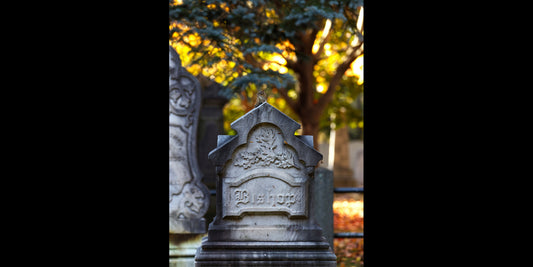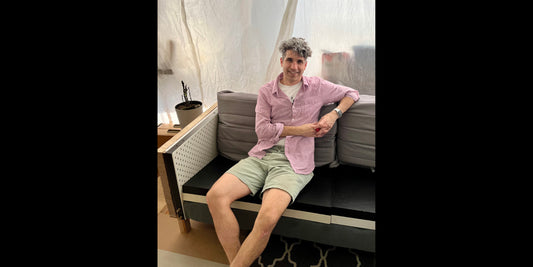What may at first seem backwards at Science Park’s Highville Charter School & Change Academy is really forward-thinking.
The backwards part is the fact that four Highville seniors earning their diplomas this month have already graduated from college—Temi Aminu, Darrylynn Byers and Ja’nelle Smith with associate degrees and Eric Jones with a bachelor’s degree, all from Post University in Waterbury.
The forward-thinking part is the fact that these students are part of a rising trend known as dual enrollment. According to the National Center for Education Statistics, 34% of high school students nationwide who started ninth grade in 2009 (the most recent year for which statistics were available) took some courses for college credit while still in high school. The survey did not include Advanced Placement or International Baccalaureate courses.
sponsored by
At first, Smith says, she and her classmates had to constantly explain to the college students what they were doing there. Eventually, they got to know each other, and the questions eased. Ultimately, the Highville students who earned an associate degree took about 17 of their courses on campus and the remainder online, for a total of 72 credits.
“We’re a smaller high school, and we don’t offer as wide
An exam freshman year identifies students who are up to that challenge. Those who qualify and choose to enroll begin with online classes in their sophomore year and eventually end up exclusively on Post’s campus. Because of Highville’s size—capped at no more than 20 students per grade—administrators are able to tailor education to individuals, trading out high school courses for college classes when appropriate and ensuring that everyone meets the graduation requirements needed for a Highville diploma that can’t be met at Post.
Students say they didn’t suffer for skipping classes usually considered pre-requisites. “For most of the
Aminu admits that micro- and macroeconomics posed a struggle for a couple of them, but when that happened, they sought tutoring and figured things out. That need for independence and self-advocacy is perhaps the most powerful result of these high schoolers’ college experience. “It’s so different from high school,” Byers says. “When assignments are due, they’re due…”
“It was challenging, and it was way different from being here doing classes,” Smith agrees. “You’re on your own.” Students had to maintain a B average in order to continue with their college studies.
While Highville’s students may be pushing the envelope by graduating with full degrees, other New Haven schools offer students the chance to take college classes as well, Joseph says. At East Haven High School, 40 students are graduating with college credit from Gateway Community College and 26 with credit from the University of Connecticut, says school counselor Dina DeRosa. The West Haven High School website also lists several pathways toward college credit for its students, including partnerships with the University of New Haven and Gateway.
Hamden High School is about to launch a program that will put 37 of next fall’s ninth- and tenth-graders on track to earn an associate degree in manufacturing engineering through a partnership with Gateway and the New Haven Manufacturing Association, says Dan Cocchiola, coordinator of counseling and career pathways. The school already offers college courses through UConn, the University of Bridgeport and Gateway, but this will be the first opportunity to earn an associate degree. Students will potentially become skilled members of a needy sector of the state’s work force, Cocchiola says, but they’ll also be positioning themselves as stronger applicants to four-year undergraduate programs in engineering. Next year, Joseph says, Highville will be “tapping in” to Goodwin College in East Hartford to offer a course of study in manufacturing as well.
Naysayers may wonder whether the degrees these students are earning are really equivalent to a postsecondary college degree. Joseph’s response is an emphatic yes. “I can guarantee you, I’ve seen these young adults really working,” he says. “Some days they would come to school when they didn’t have courses on a Friday just to have an environment to work in, so for the critics who might question how valid their degree really is, it’s real because they put in the work for it… They completed their degrees with… regular college-age students.”
Post held its graduation back on May 11. Today, June 12, Aminu, Byers, Jones and Smith will walk again, this time to pick up their high school diplomas. All four are going onto further study—Smith, Aminu and Jones at UConn and Byers at Southern Connecticut State University.
Some of them will build on their existing studies; others will pivot to a new field. All will be able to look back on their college experience as they move forward.
Written and photographed by Kathy Leonard Czepiel. Image features Ja’nelle Smith, Eric Jones, Darrylynn Byers (standing, left to right) and Temi Aminu (seated).








